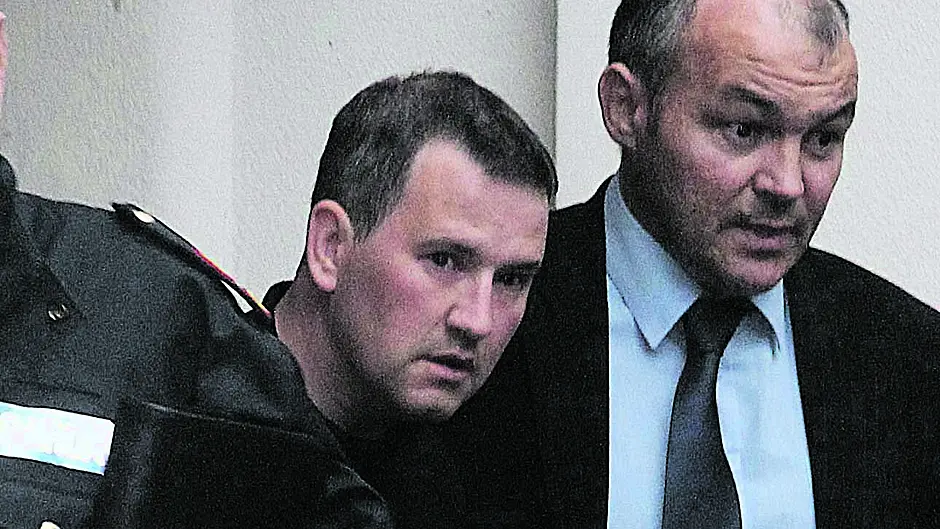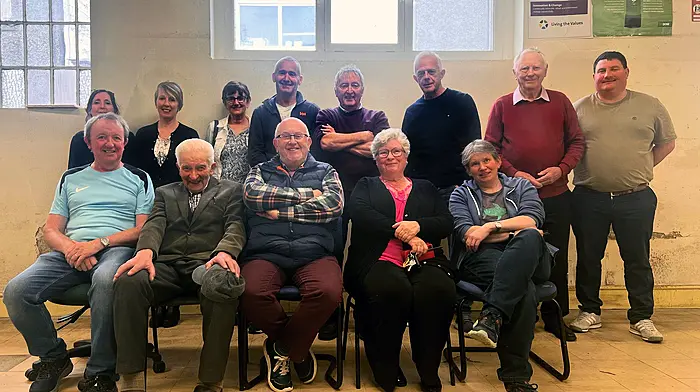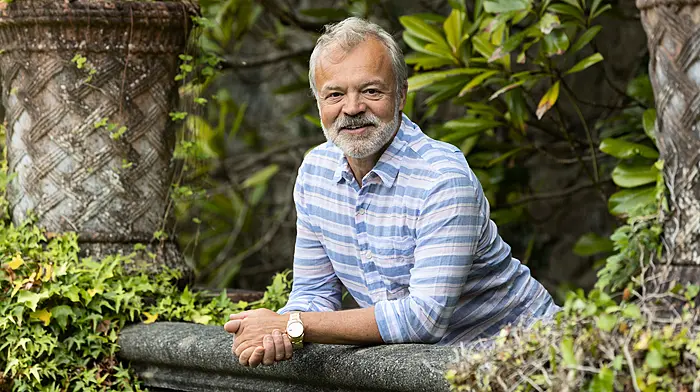BY AODHÁN Ó FAOLÁIN
THE Supreme Court will hear Bandon man Graham Dwyer’s appeal against his 2015 conviction for the murder of childcare worker Elaine O’Hara next month.
The appeal centres around the admission of mobile phone call data records at his criminal trial. The Supreme Court fixed January 16th for the hearing of the appeal.
The matter was mentioned before Mr Justice Maurice Collins on Tuesday who confirmed a timetable for the exchange of legal submissions in the case.
Earlier this year the Court of Appeal dismissed Dwyer’s conviction appeal on all grounds, including in relation to the admissibility of the call data evidence. The Court of Appeal agreed with the prosecution that there was enough evidence to support the conviction, even if the disputed call data evidence had been excluded.
However, following an application by Dwyer’s legal team the Supreme Court deemed that it should consider his appeal. It held that ‘significant issues of general public importance arise’ as to the admissibility of the call data evidence retained and accessed under a 2011 Irish law that was struck down by the Court of Justice of the European Union (CJEU) in 2014.
The court said it is also important to properly characterise the illegality involved, considering the data was obtained in compliance with the provisions of the 2011 Communications (Retention of Data) Act but where the Act itself was subsequently found to be inconsistent with EU law.
Dwyer’s lawyers submitted to the Supreme Court that the Court of Appeal misunderstood the CJEU’s decision regarding the 2011 law and incorrectly considered that the trial judge had a discretion to admit the phone call records. They also submitted that the matter will probably require legal questions to be referred to the CJEU.
Dwyer was convicted of murder by a unanimous jury verdict in March 2015 and sentenced to life in prison. Ms O’Hara, a 36-year-old childcare worker, was last seen in August 2012 in a public park in Shanganagh, south Dublin. Some of her remains were found on Killakee mountain just over a year later.
Prior to his conviction appeal at the Court of Appeal, Dwyer took High Court civil proceedings that successfully challenged the 2011 Irish law under which the mobile phone metadata was retained and accessed by gardaí investigating Ms O’Hara’s death.
Dwyer denies murdering Ms O’Hara. He also denies he bought and used a Nokia phone found in Vartry Reservoir in Co Wicklow in 2013. His trial was told that phone was used to send Ms O’Hara messages, including one about stabbing, culminating in a text dated August 22nd, 2012 – the last day she was seen – to ‘go down to the shore and wait’.









